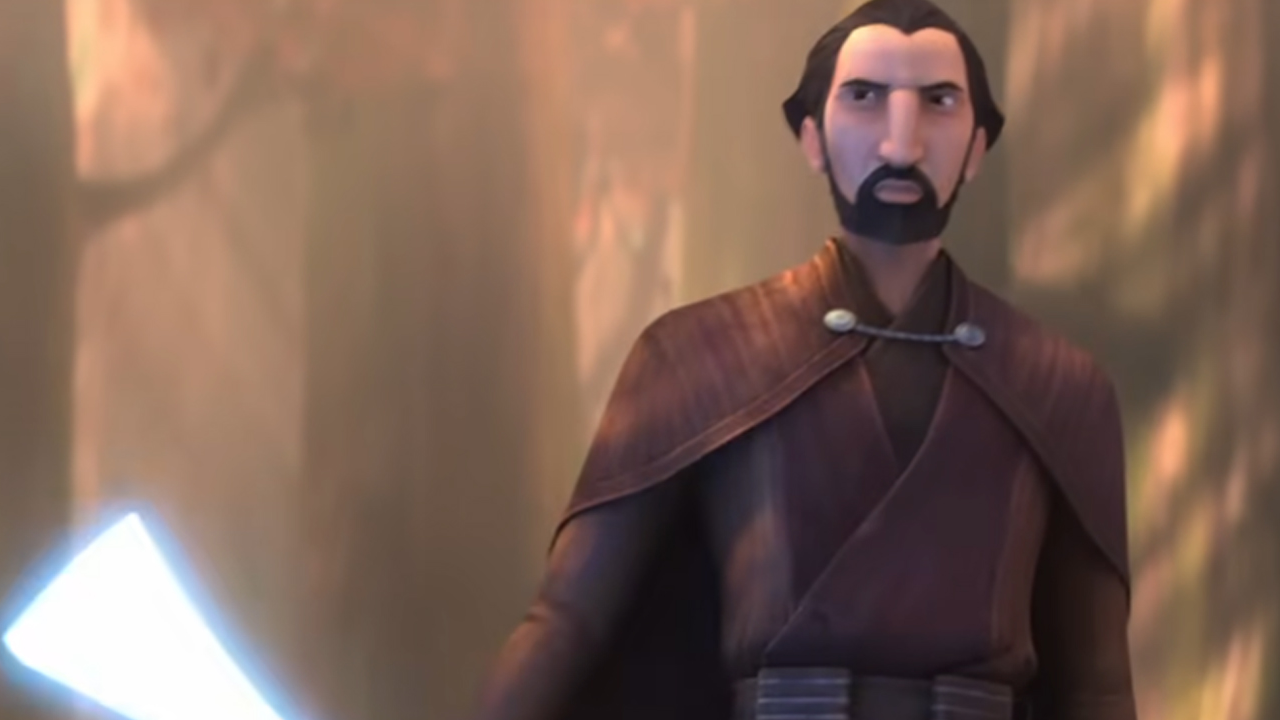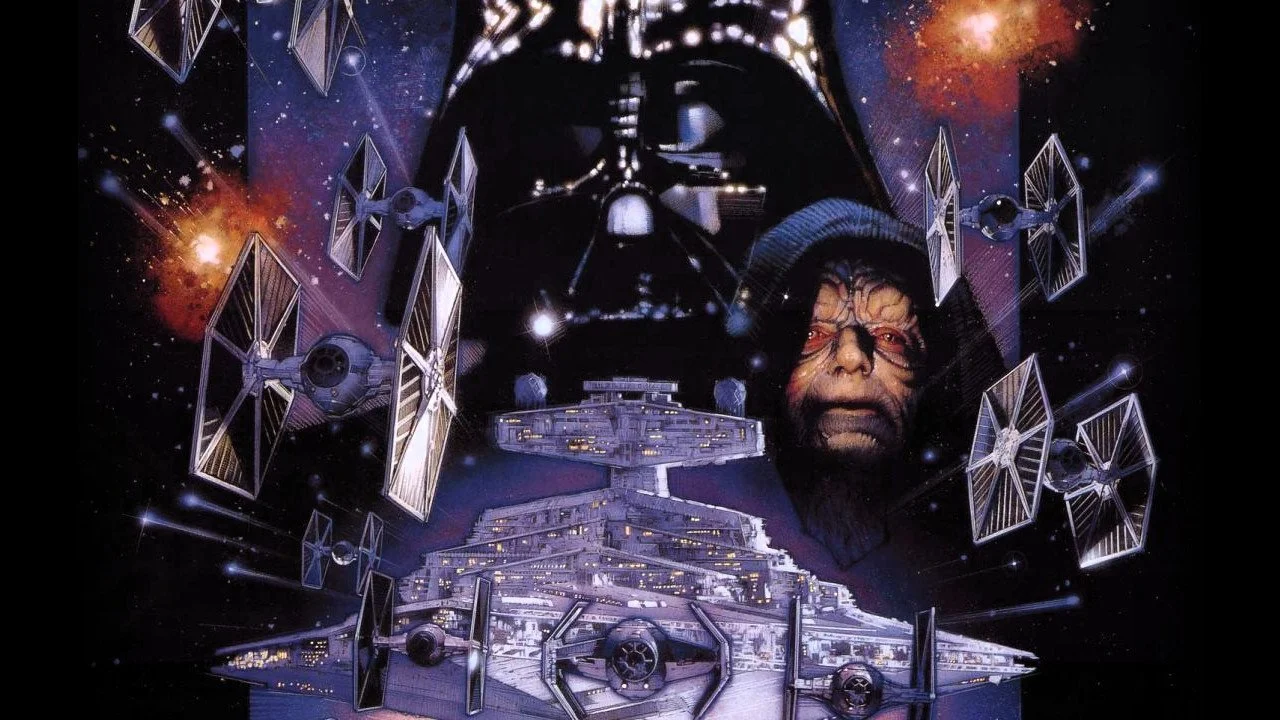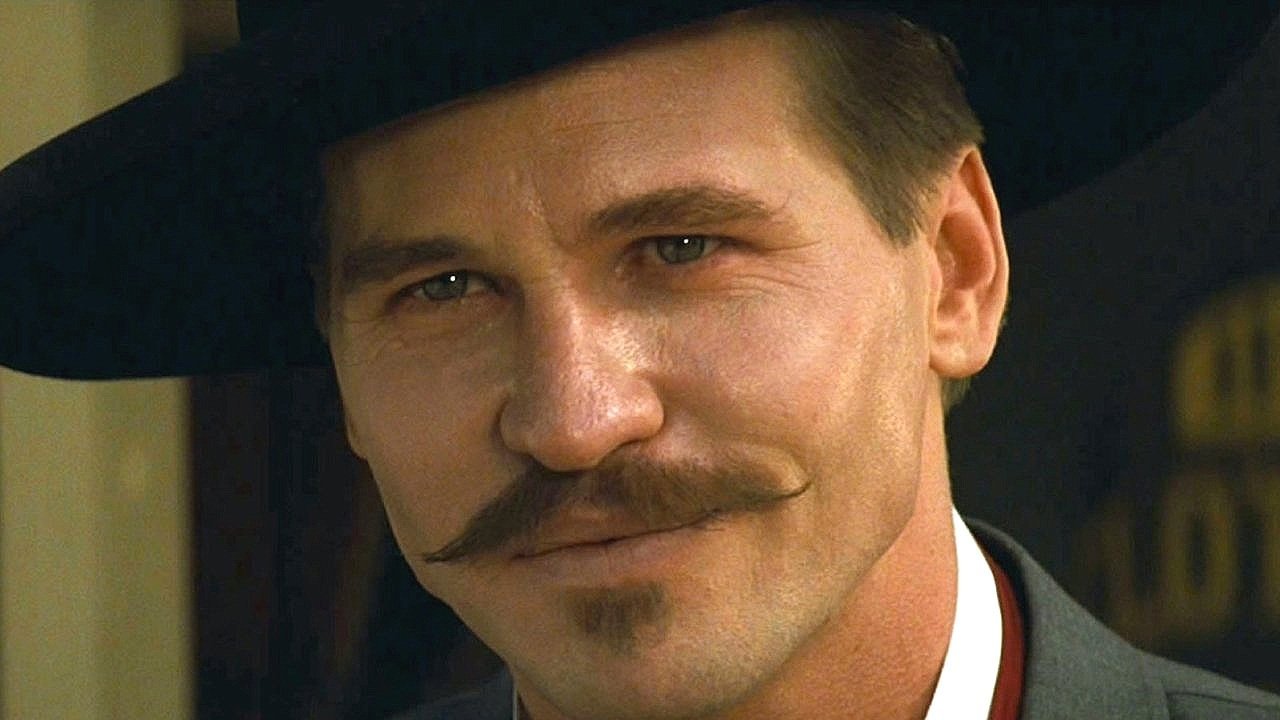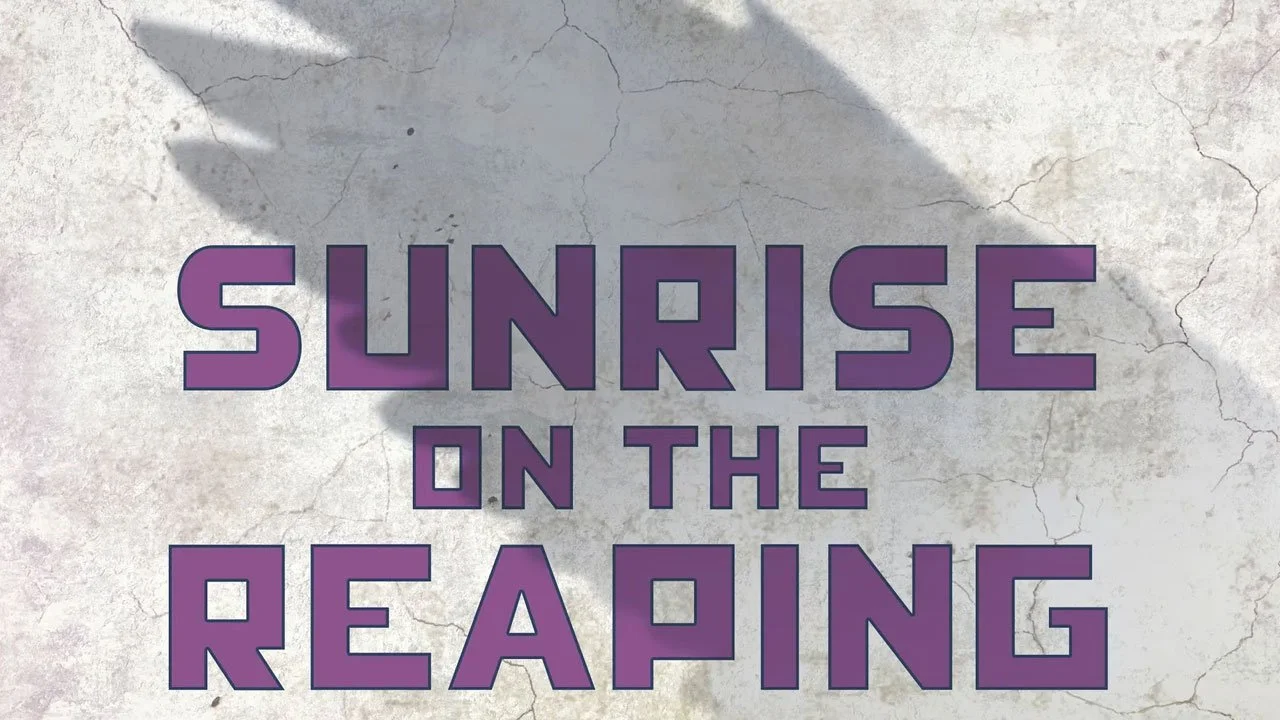Are Count Dooku’s Critiques of the Jedi Order Justified in 'Tales of The Jedi'?
Image Source: Entertainment Weekly
The six-episode Star Wars animated series Tales of The Jedi, created by Dave Filoni, was released the other day. Three of the episodes were about Ahsoka Tano, and the other three were about Count Dooku. Those highly familiar with the series will remember Dooku from Attack of The Clones and Revenge of The Sith, as well as Clone Wars cartoons, where he served as an antagonist. Those appearances gave us a little bit of backstory on him, stating that not only was he once a Jedi, but he was also Qui-Gon Jinn’s master. He’s quoted as being “a political idealist, not a murderer,” by Ki-Adi-Mundi, and he mentions a few times that he believes the Jedi Order, the Republic, and its Senate to be corrupt, although the specifics of these beliefs are not explored—at least, not until now.
The first episode explores his relationship with his apprentice Qui-Gon Jinn, as the two investigate a senator’s kidnapped son. While on the mission, the two discover that the senator had stopped serving his people, and even the kidnapped son sympathizes with his kidnappers’ situation. The second episode explores his relationship with Mace Windu, as the two investigate the death of a member of the Jedi Council. It turns out that the guards hired to protect the Jedi had instead killed her, since they viewed her as being a puppet of the Senate that had betrayed and stopped serving them. Windu, who stuck to the original mission instead of investigating, is granted a seat on the Council for his efforts, while Dooku is not. The third episode shows Dooku’s final straw, as the warnings of a coming darkness are ignored, leading to Qui-Gon’s death. It is made clear that covering up the idea of a potential threat was purely a political move by the Jedi in the name of not causing alarm. The common idea is that while Dooku thinks for himself and sees the upcoming problems, he is ignored or outright punished, while those who rigidly stick to the Jedi Code or play politics are rewarded for doing so. It seems as if these issues were what led to Dooku becoming disillusioned with the Order, and subsequently, leaving it forever.
RELATED:
Image Source: The Spiral
It was clear that the Republic as a whole had become stagnant and complacent. The Senate was not doing anything to help those less fortunate whom it served, as the senators were either too far removed from the suffering or chose to ignore it. However, when this was brought to the attention of the Jedi, they largely chose to ignore it too, opting instead to “do their job” to gain status within the Order, as Mace Windu did in his episode. Those who have seen the movies know that Dooku was right all along, as a Sith Lord was not only present, but manipulating everything the whole time, with Dooku himself even eventually leading the charge of a Separatist movement that fought against the Republic in a three-year-long war.
However, as this article title asks, were his critiques justified? While that is, of course, a completely subjective question that you should answer for yourself, I believe there is a lot of nuance in this one. In my opinion, I would say to Dooku the same thing he said in the second of his episodes (the third episode overall) to the guards who killed the Jedi: “Your ideology, while faulty, does have its points,” and “I don’t condone your methods, but you had every right to protect yourself and your planet. Make sure your people don’t lose heart and evolve.” (Note: this is the opinion of the author, and not of Culture Slate as a whole). You as a reader, of course, are free to draw your own conclusions.
READ NEXT:
Source: Wookieepedia













